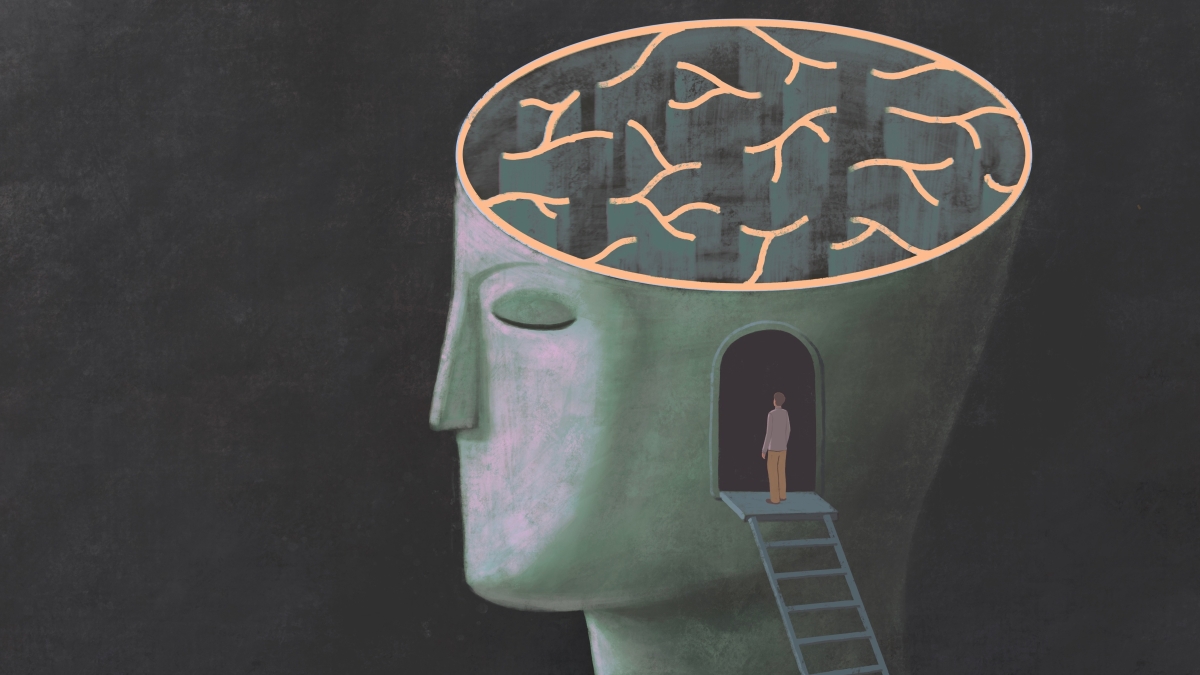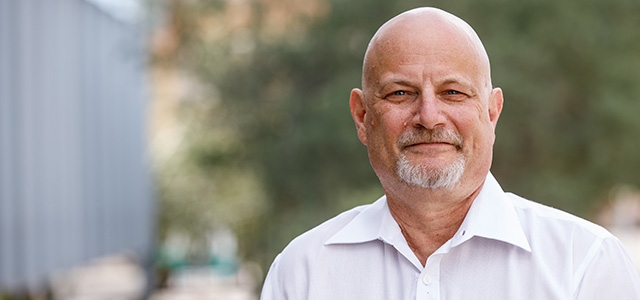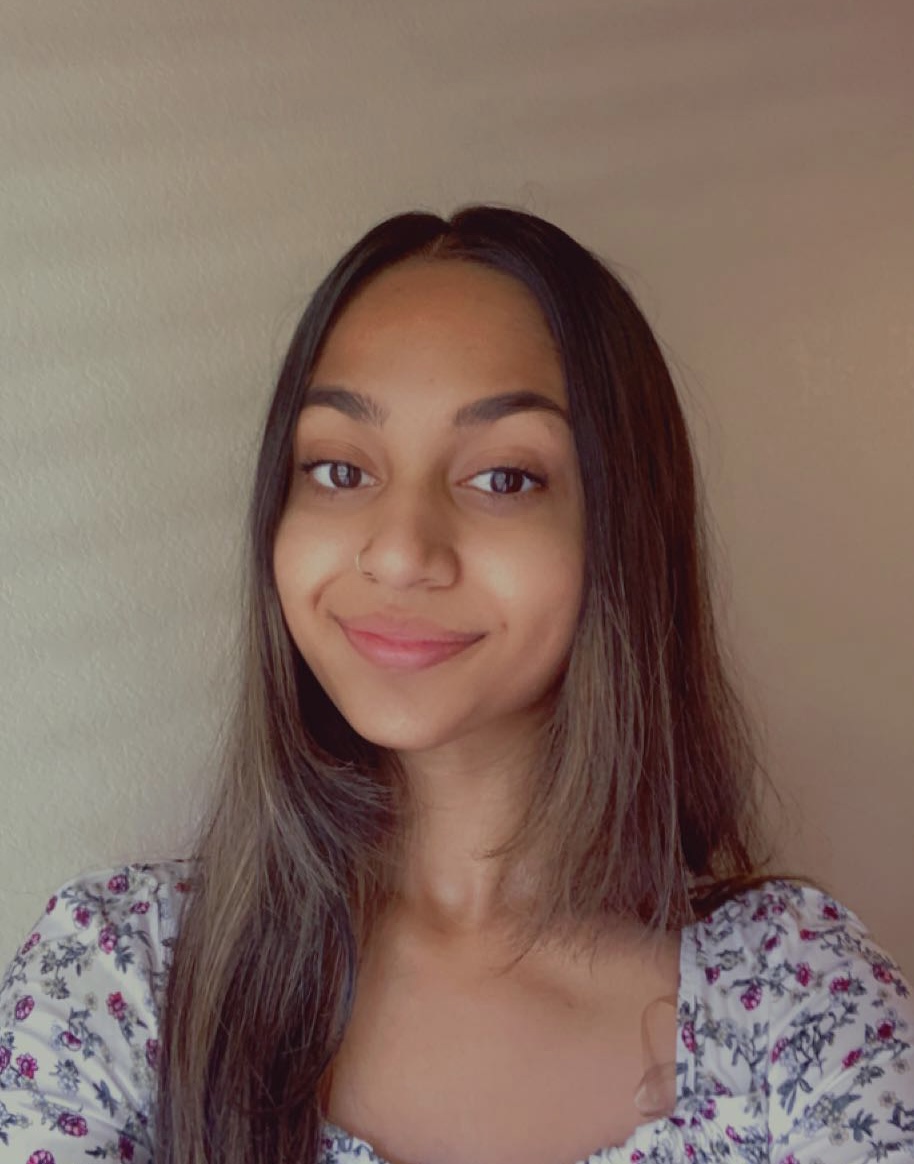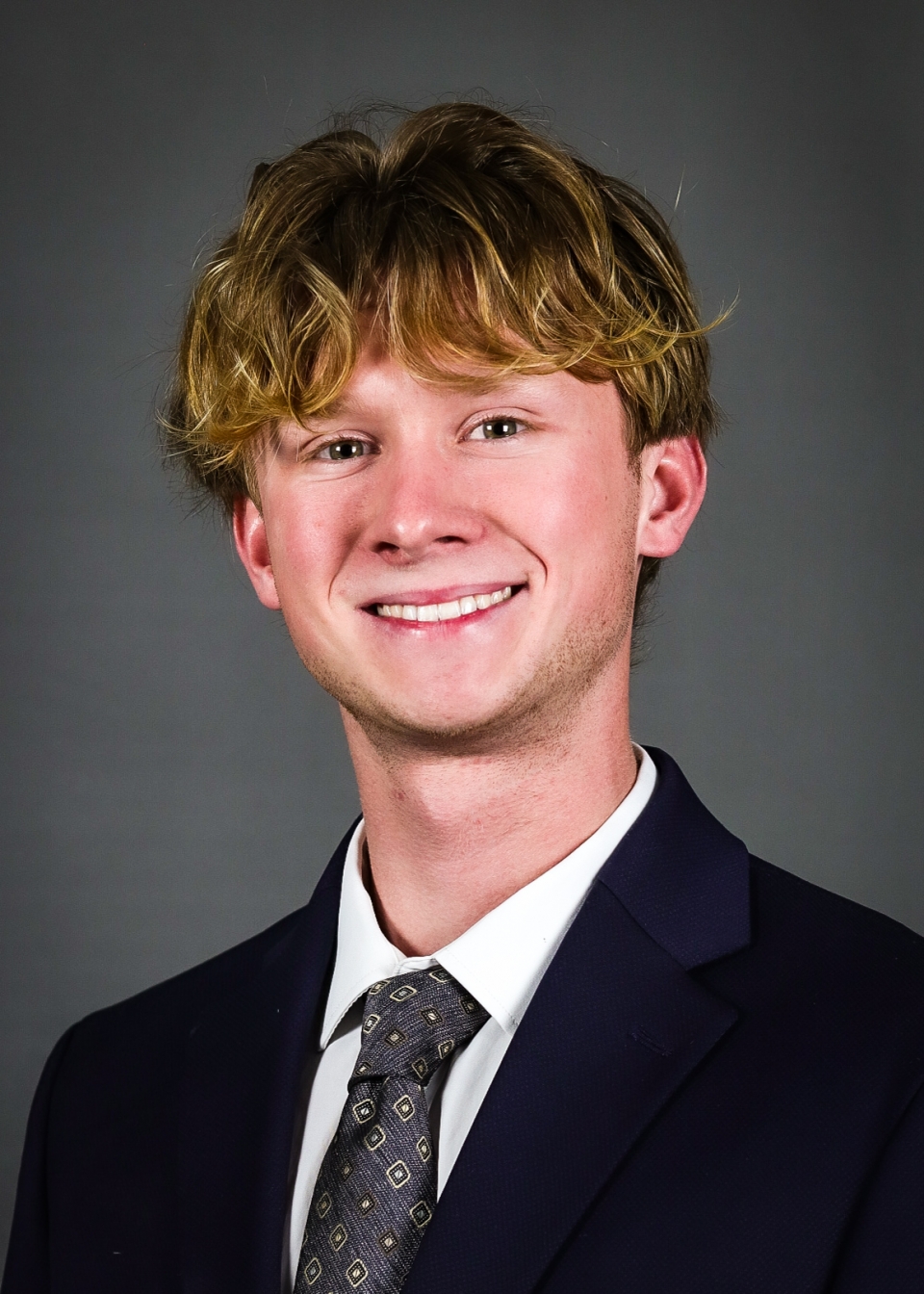Gifted students explore brain science during intensive Neuroscience Scholars Program

The 2022 ASU-Banner Neuroscience Scholars Program provided 14 outstanding students with the opportunity to work with leading scientists at the forefront of brain research and the study of neurodegenerative disease.
The ASU-Banner Neuroscience Scholars Program provides an eight-week intensive learning experience for high-achieving undergraduate and graduate students in the sciences and social sciences. Throughout the program, student participants work side-by-side with talented researchers and clinicians in the field of neuroscience, with an emphasis on biomedical research and clinical care.
This year, 14 students worked closely with their scientific mentors in five areas of research: basic and translational neuroscience; computational image analysis; healthy aging research; the brain and body donation program; and clinical neurodegenerative research.
The program was founded by Banner Research in 2003, with the Biodesign Institute at Arizona State University joining the partnership in 2016.
The program is designed to allow students to work intensively on a project of their choice under the mentorship of a Banner Research or ASU-Biodesign scientist or clinician to unlock medical and scientific mysteries in the areas of neurodegenerative disease, including Alzheimer’s disease and Parkinson’s disease. Students work in a laboratory or clinical setting in the Greater Phoenix metropolitan area.
The particular research venue for each student is dependent on the scientific or medical focus. Basic and translational neuroscience research is performed at Arizona State University's Biodesign Institute and associated labs in Tempe; computational image analysis is performed at the Banner Alzheimer’s Institute in Phoenix, while research and training for the brain and body donation program, healthy aging research and the clinical neurodegenerative research track are performed at the Banner Sun Health Research Institute in Sun City, Arizona.
Scholars from diverse backgrounds are selected from colleges and universities around the country. The goal of the program is to inspire students to embrace science, medicine, aging research or care for the elderly as a career choice, and to continue the pursuit of scientific exploration throughout their academic careers.
In addition to hands-on training, neuroscience scholars also attend educational seminars to advance their professional skills, learn about bioscience career options, practice scientific writing and create a scientific poster to showcase project outcomes and present their research at a concluding symposium.
All neuroscience scholars devote 35 to 40 hours per week to the program. They are provided with a weekly stipend for their expenses and $1,000 on completion of the program.
The rigorous selection process occurs in two rounds. A selection committee of ASU-Biodesign faculty and staff along with members of Banner Research evaluate each candidate's potential for success using factors including academic ability, initiative, personal achievements, dependability, character and professionalism. Then, a list of exceptional finalists is sent to ASU-Biodesign scientists and Banner Researchers for interviews and final selection.
“This year, there were about 65 applications, of which, 14 were chosen,” said Jeffrey Kordower, director of the ASU-Banner Neurodegenerative Disease Research Center at ASU. “These were the best of the best — the top gun neuroscience scholars, and they didn't disappoint.”
Jeffrey Kordower directs the ASU-Banner Neurodegenerative Disease Research Center at Arizona State University and is the Charlene and J. Orin Edson Distinguished Director at the Biodesign Institute.
The engaging and varied neuroscience program culminates each year in a formal capstone research symposium with mentors and institutional leaders. Here, scholars present project results and reflect on what they have accomplished during their tenure at Banner Research or ASU. Select students are nominated to deliver oral presentations at the event and all are required to present a research poster and be prepared to discuss their findings with fellow scholars, mentors, ASU and Banner leadership and invited guests.
"Working this summer as an intern in the Neuroscience Scholars Program was a privilege — a thrilling, yet touching experience,” said Ruchira Mirji, a Barrett honors student at ASU. “I applied to this program to follow the clinical research track where I observed the interaction between a physician/psychometrist and a patient through their visits. During my time at the Banner Alzheimer's Institute, I valued the knowledge and effort that every individual put into my path to success. I am grateful for all the guidance I have received and feel more motivated to continue research in this field.”
Neuroscience Scholar Ruchira Mirji is a student in ASU’s Barrett Honors College.
The program hopes to educate and inspire future researchers in the exponentially growing disciplines of neuroscience, as well as well as prepare a new generation to help address the perplexities of neurodegenerative disease. These presently incurable and severely debilitating disorders are characterized by structural and functional loss of neurons and affect some 30 million people worldwide. The staggering toll is predicted to reach more than 150 million by 2050, making the need for young researchers and fresh insights especially acute.
“The Neuroscience Scholars Program provided me with an incredible opportunity to engage in full-time scientific research within the field of neurodegenerative disease,” said Barrett Honors College and pre-medical student Landon Mattingly-Dawson. “Through this experience, I was able to learn a wide range of laboratory techniques, gain a better understanding of the scientific process, and consider how basic science research guides the treatment of patients in a clinical setting. I'm confident the skills I developed this summer will serve me well as I continue to pursue my goal of becoming a physician.”
Since its inception, approximately 250 neuroscience scholars have participated, with most aiming to pursue degrees in science or medicine. Past participants have gone on to achieve success and impressive accomplishments, including scientific abstract and manuscript publications, earning top national student rankings, gaining acceptance into first-rate graduate and medical schools and receiving national awards and scholarships.
Neuroscience Scholar Landon Mattingly-Dawson is a student at Barrett Honors College and pre-medical student.
“There was no way for these students to perform so well without a mutual engagement between the mentors and students,” Kordower said. “And that really has been one of my missions for the Biodesign Neurodegenerative Disease Research Center — to train young people for the next generation. This was a great example of how that can take place.”
Eric Reiman, executive director of the Banner Alzheimer’s Institute, said, “Advancing the research education and training of great students, introducing them to talented researchers, and engaging them in the fight against Alzheimer’s disease and related disorders: What could be better than that?”
General information on the ASU-Banner Neuroscience Scholars Program can be found here.
While philanthropic gifts provide critical funding to make the program possible each year, many more are qualified than can be awarded due to limited funding. Organizers are actively seeking additional resources to make the Neuroscience Scholars experience available to more students in the coming years. Those wishing to support the efforts of the ASU-Biodesign Neuroscience Scholars Program may donate here.
More Science and technology

ASU software engineers honor late cyclist with 'dashcam' for bikes
It was all Rob’s idea.In the months before his death, avid cyclist Rob Dollar spoke frequently with his father, John Dollar,…

How ASU is reshaping manufacturing training
The manufacturing sector faces a persistent challenge: a shortage of skilled workers.As industries adopt emerging technologies,…

Podcast explores the future in a rapidly evolving world
What will it mean to be human in the future? Who owns data and who owns us? Can machines think?These are some of the questions…


